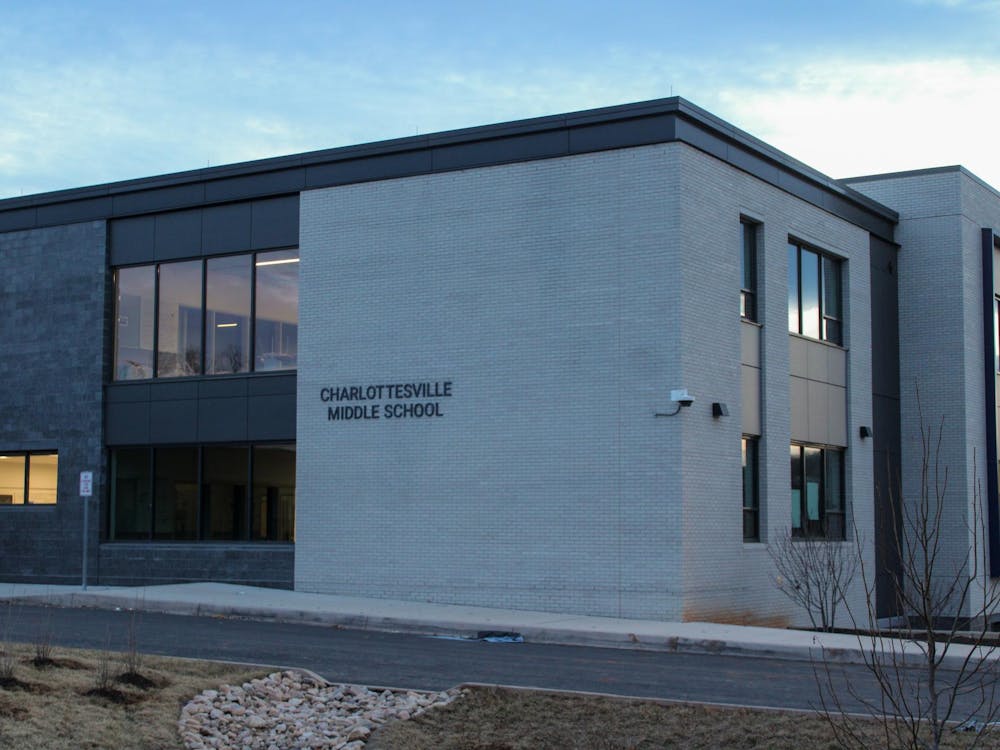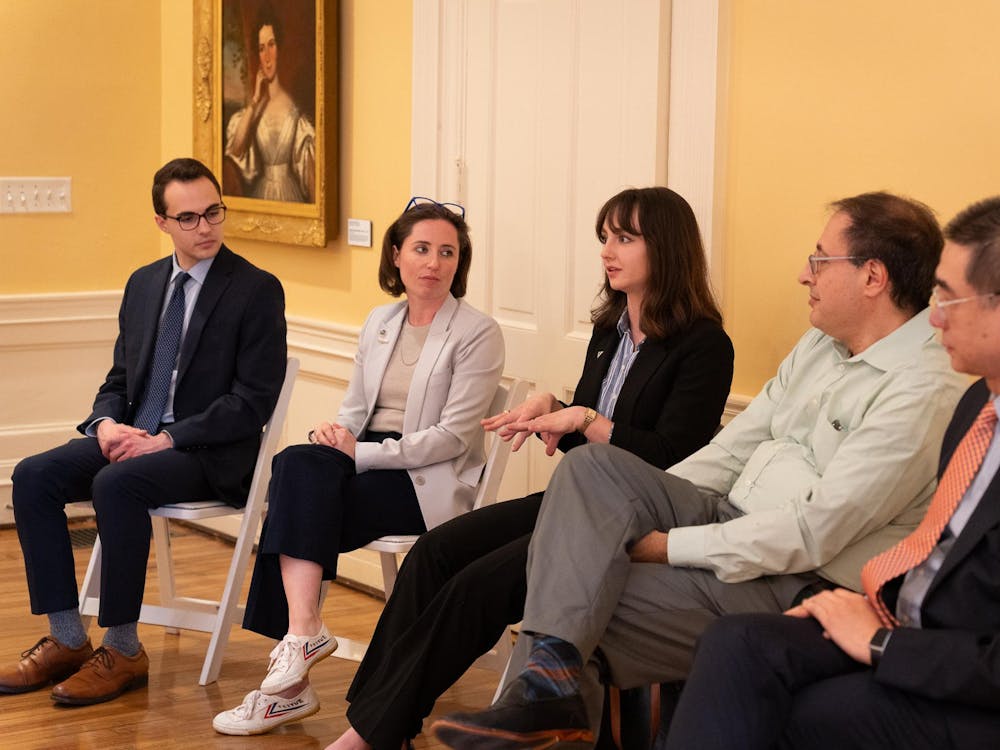In an effort to promote community engagement courses, the office of the executive vice president and provost recently created three types of grants available to members of the University community for the 2008-09 academic year.
The grants, created in response to recommendations from the Commission on the Future of the University and the President's Commission on Diversity and Equity, will benefit community engagement courses, which are designed to "create meaningful experiences and also a difference in the community" by combining both traditional study and community service projects, according to Megan Raymond, acting director of University outreach for the office.
A current example of such a course is the ecoMOD Project, which is a partnership between the Architecture School, the Engineering School and organizations such as the Piedmont Housing Alliance to create modular and ecological home prototypes within the community.
The provost's office hopes that by having these grants available, similar courses containing aspects of both curriculum and community engagement will be created, said Milton Adams, vice provost for academic programs. He added that he also believes the grants may expand the number of academically based research opportunities for University students.
The three grants created include the Academic Community Engagement Faculty Fellow Grants Program, which focuses on encouraging faculty members to develop a course "of their imagining" that integrates a service project into the curriculum, whether it is a new course or an expansion of an existing course, Raymond noted. This grant will award as much as $9,000 for new course development, Raymond said, and as much as $5,000 for existing course modification.
The second grant, the Academic Community Engagement Course Assistant Award, is valued at as much as $3,000 for graduate students and $2,000 for undergraduate students and is open to all University students, Raymond said. The award will enable recipients to act as "stage managers" for service projects, helping them become liaisons for their projects among the community, students and faculty involved, Raymond added.
The third grant, worth up to $1,000, Raymond said, is the University Community Academic Partnership Assistance Award, which was created in the hope of covering the costs of potential service projects so as to ensure neither faculty members nor the community have to fund them using their own money.
While unable to predict the interest in the grants, Adams said he expects the grant application process to be relatively competitive because of the limited amount of funding.






